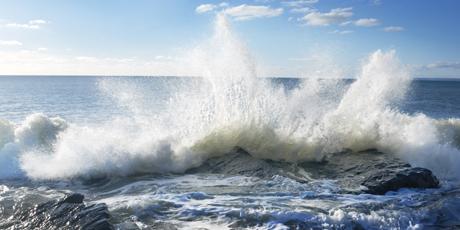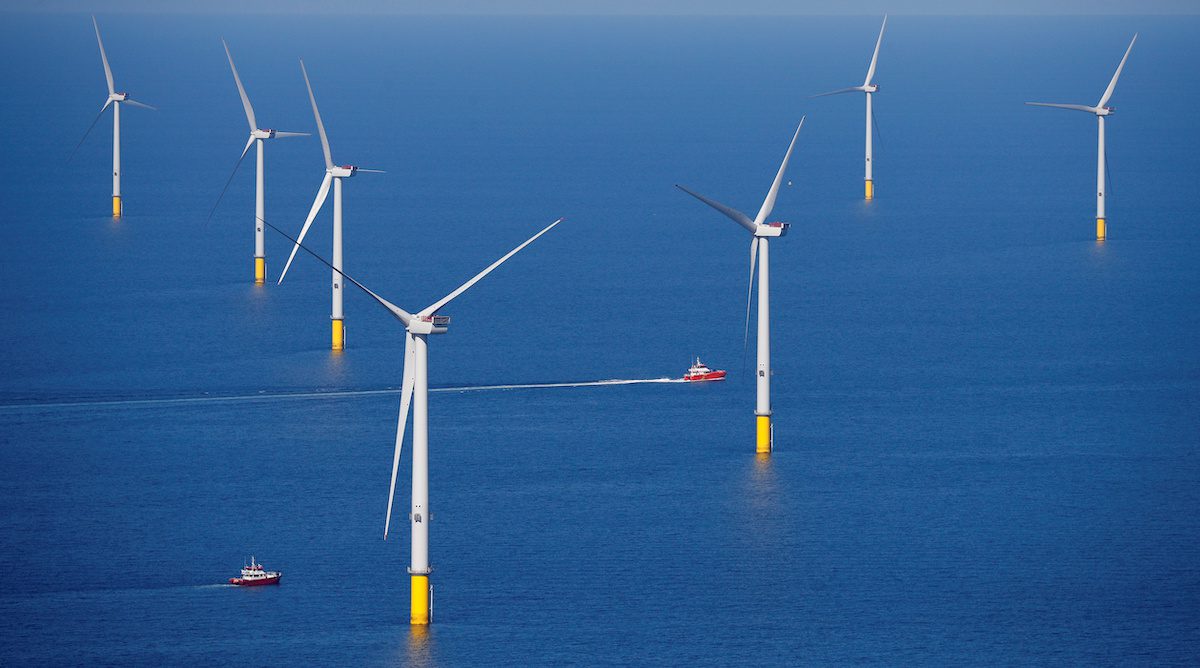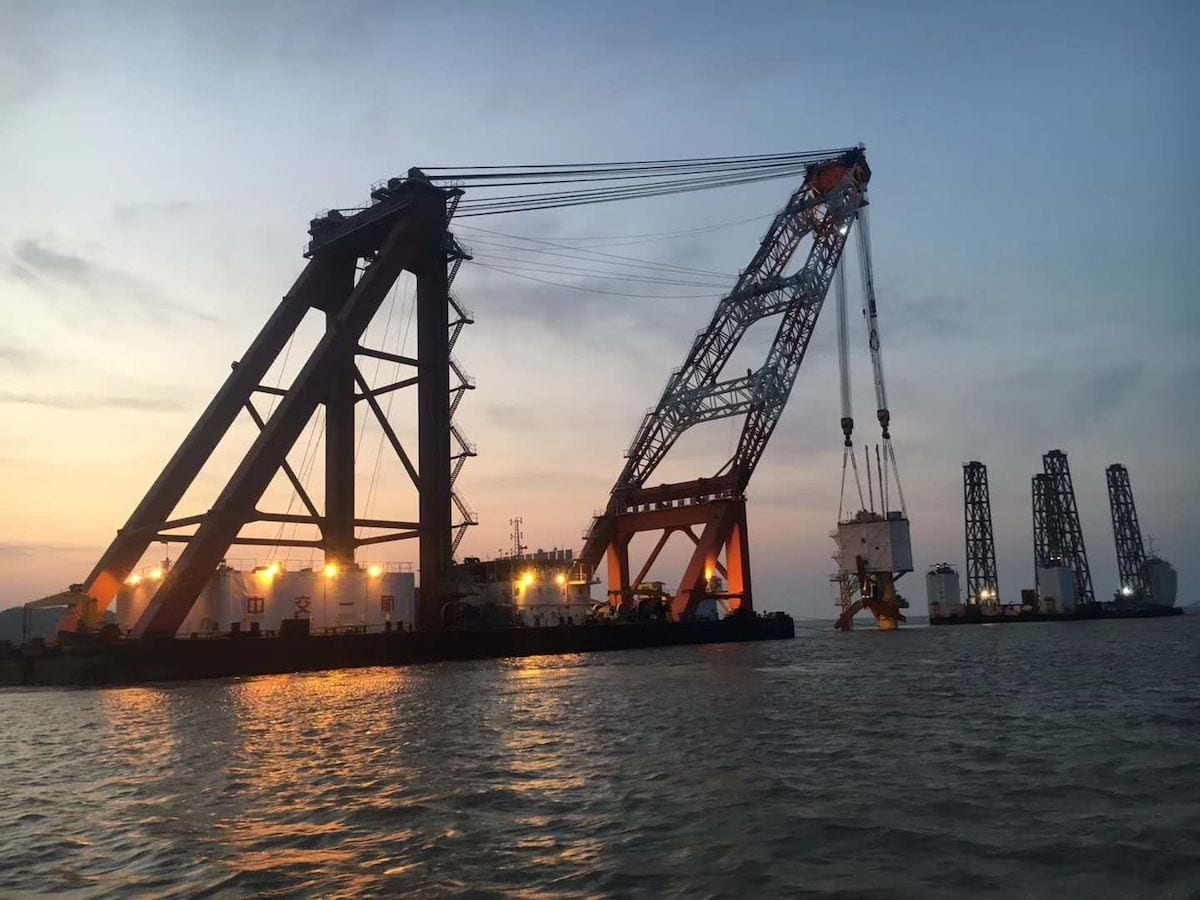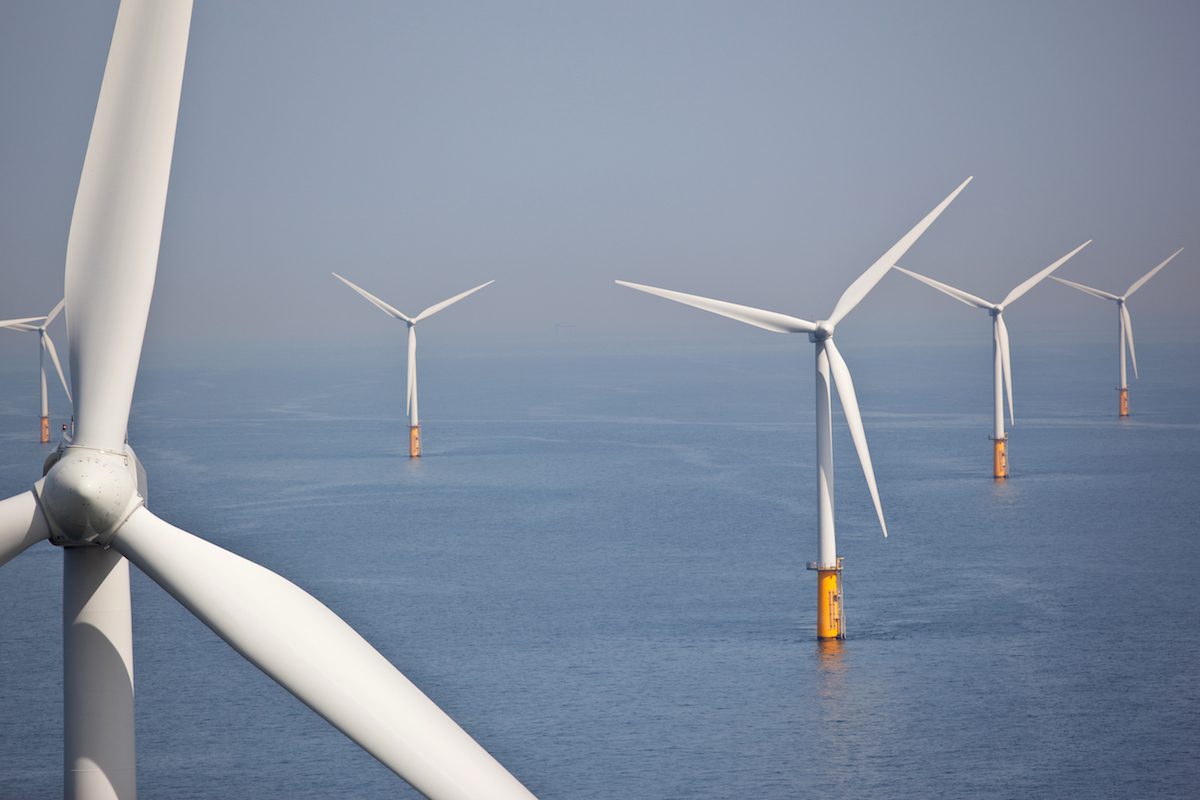
The British Parliament’s Energy and Climate Change Committee, chaired by Tim Yeo MP, launched an inquiry last week to investigate the potential for marine renewables to contribute towards the UK’s renewables and emissions targets.
The UK has the largest wave and tidal resources in Europe. The Carbon Trust has estimated that around 15–20% of the UK’s electricity could potentially be produced from marine renewable sources (based on the available resource). A range of technologies is being developed to harness these resources, but most are immature and still at an early stage of development.
The Government has provided funding to the research and development of marine technologies through a number of routes, including the £50 million Marine Renewables Deployment Fund (MRDF) created by the previous Government. The Spending Review of November 2010 announced innovation funding of over £200 million for low carbon technologies over the next four financial years, from April 2011. On 28 June 2011, DECC announced that £20 million of this funding would be used to support two projects to test prototypes in array formations.
Terms of Reference
The inquiry will assess the success of existing Government support and measures on marine renewables and investigate the potential impact of Government spending decisions on this area of low carbon technology.
The Committee invites submissions on marine renewables, in particular:
- What are the potential benefits that marine renewables could bring to the UK and should Government be supporting the development of these particular technologies?
- How effective have existing Government policies and initiatives on marine renewables been in supporting the development and deployment of these technologies?
- What lessons can be learnt from experiences within the UK and from other countries to date in supporting the development and deployment of marine renewables?
- Is publicly provided innovation funding necessary for the development of marine technologies and if so, why?
- What non-financial barriers are there to the development of marine renewables?
- To what extent is the supply chain for marine renewables based in the UK and how does Government policy affect the development of these industries?
- What approach should Government take to supporting marine renewables in the future?
- Are there any other issues relating to the future of marine renewables in the UK that you think the Committee should be aware of?
More details on submitting written evidence can be found by clicking here.
Editorial Standards · Corrections · About gCaptain

 Join The Club
Join The Club











